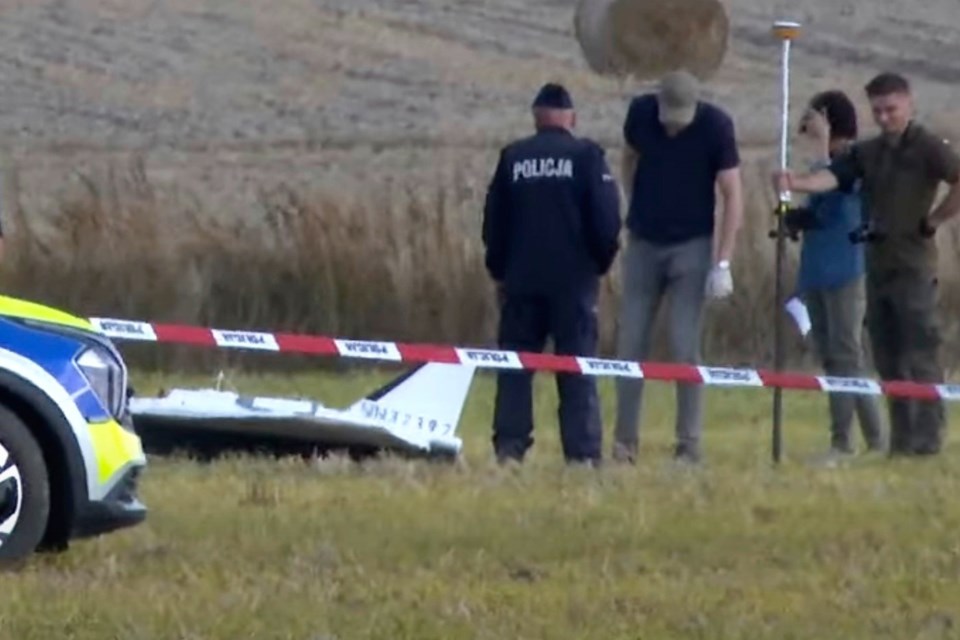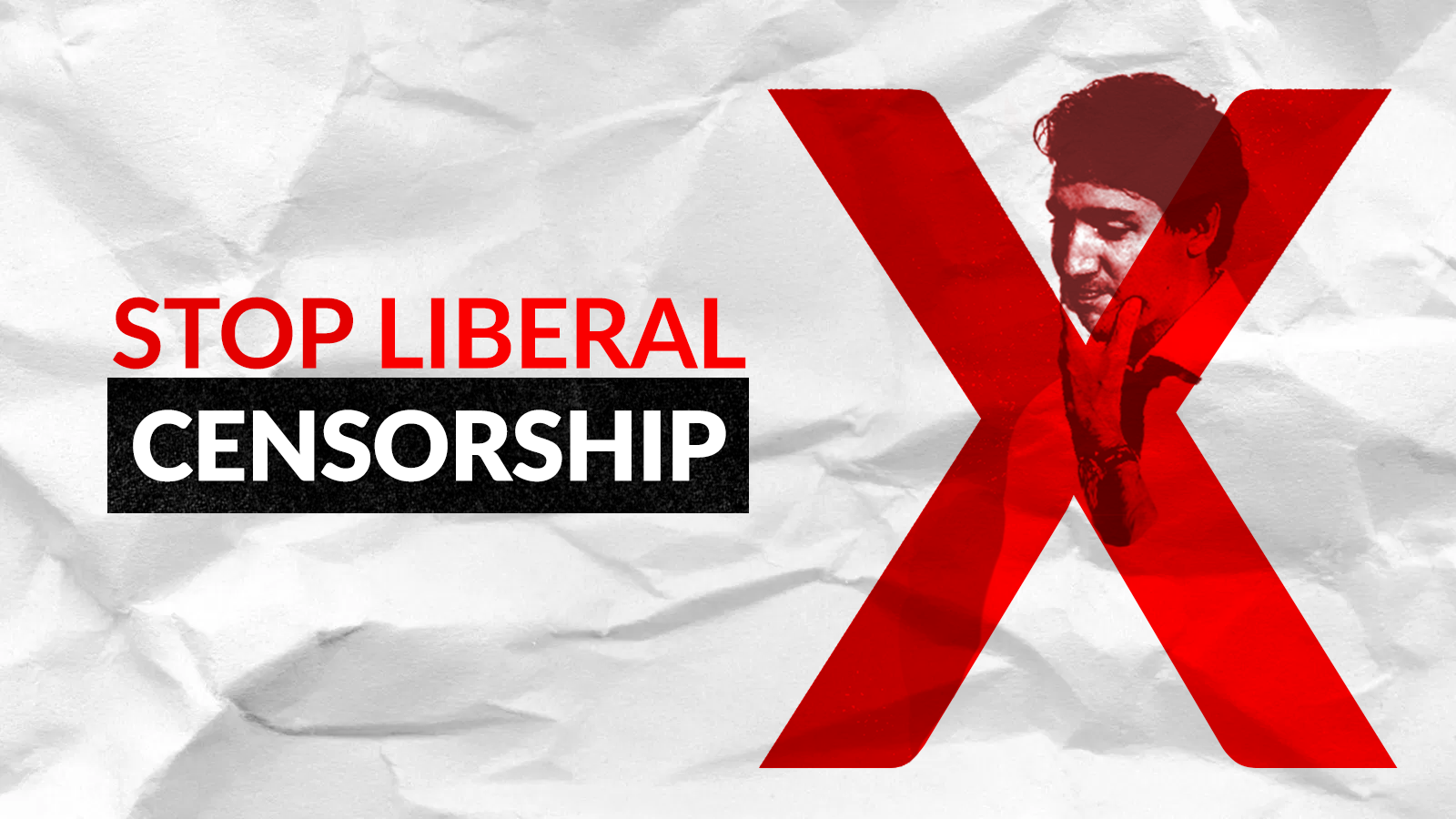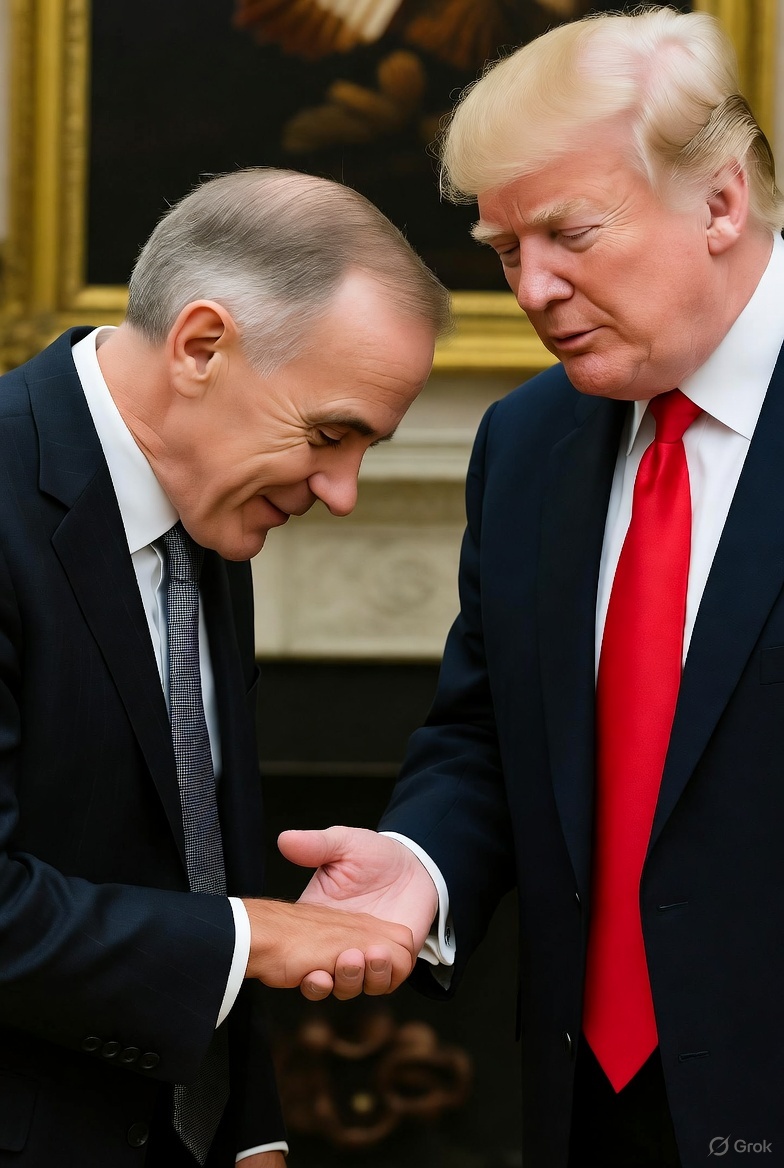A Russian military drone pierced Canadian-monitored airspace this week, sparking outrage across the country. But instead of calming fears, Prime Minister Mark Carney fanned the flames with a fiery statement, calling the move “reckless and escalatory.” To many Canadians, his words didn’t sound like leadership—they sounded like provocation.
Rather than measured diplomacy, Carney seems determined to play the part of a global power broker, positioning Canada in a fight that most Canadians never signed up for. Critics argue his rhetoric doesn’t protect our borders—it drags us closer to direct conflict with Russia, one of the most dangerous players on the world stage.
Was this drone incident a threat? Absolutely. But Carney’s response may have been just as dangerous. By posturing on the international stage instead of working behind the scenes with NATO allies, he risks turning Canada into a target. It’s one thing to condemn aggression—it’s another to recklessly wave a red flag at a nuclear superpower.
Analysts warn that Russia’s drone wasn’t just a flyover; it was a test. But instead of showing steady resolve, Carney seems eager to escalate. And ordinary Canadians could end up paying the price if his words push the nation into a war it isn’t prepared to fight.
Is Carney defending Canada—or gambling with its future? That’s the uncomfortable question Ottawa doesn’t want to answer.











No it wasn’t a Russian drone, it was a ufo from the proximity of CFB Petawawa, a PsyOp, it goes down the Ottawa river and crosses over the southeast end of Pembroke on a very low altitude, and no it does not fly from CYTA, the real drone is much larger, a lot larger in fact, it makes one wonder about the ultimate flying machine and Comeau-aerospace.ca however that would be pure speculation, it is not likely a liberal government would do business with an ultra-nationalist aerospace genius….ever, not even for a psyop, right…Pterodactyls and velociraptors are not PsyOps, anyone in the Barron Canyon area or anywhere else, in the outdoors may stumble upon dyno incubation canisters…so drones with love from Russia, not as likely as the Tupolv Bear Tu-95 with nuclear cruise missiles, or how about air launched hypersonic cruise missiles from something so archaic it is advanced…or how about German stealth submarines in the St. Lawrence? hmmmm how cool is that>? run ice hut decryption….oh yes, you only know about the NORAD, not the Gaulois line right across Canada, independent of NorthCom etc et al…hmmmm ultra-nationalist eh the real dumbass threat is from the government of Canada sending money and weapons to Ukraine, nothing like having good money to finance bio-weapons labs, child sex trafficking and peso empires in Ukraine so they can be bombed by Russia, excellent work President Putin, thanks, you save the world from the last 5 years of predetermined hell and goblin supremacy. Carney is a puppet lackey, not really a nationalists, maybe a wannabe, not like his staff who peruse opinion-canada.ca for the angle of the jangle of ultra-nationalist pro-canada and rewrite with AI fancy PR with AI script encoded pre-approved official narratives with encoded covert subliminal mind wipe programs of nothing speak, if he copies or repurposes Pierre’s comments, another puppet lackey and pre approved script from a foreign occupied government and political party, they are not ultra-nationalists, they are chicken shit with slogans that mean nothing…
No it wasn’t a Russian drone, it was a ufo from the proximity of CFB Petawawa, a PsyOp, it goes down the Ottawa river and crosses over the southeast end of Pembroke on a very low altitude, and no it does not fly from CYTA, the real drone is much larger, a lot larger in fact, it makes one wonder about the ultimate flying machine and Comeau-aerospace.ca however that would be pure speculation, it is not likely a liberal government would do business with an ultra-nationalist aerospace genius….ever, not even for a psyop, right…Pterodactyls and velociraptors are not PsyOps, anyone in the Barron Canyon area or anywhere else, in the outdoors may stumble upon dyno incubation canisters…so drones with love from Russia, not as likely as the Tupolv Bear Tu-95 with nuclear cruise missiles, or how about air launched hypersonic cruise missiles from something so archaic it is advanced…or how about German stealth submarines in the St. Lawrence? hmmmm how cool is that>? run ice hut decryption….oh yes, you only know about the NORAD, not the Gaulois line right across Canada, independent of NorthCom etc et al…hmmmm ultra-nationalist eh the real dumbass threat is from the government of Canada sending money and weapons to Ukraine, nothing like having good money to finance bio-weapons labs, child sex trafficking and pedo empires in Ukraine so they can be bombed by Russia, excellent work President Putin, thanks, you save the world from the last 5 years of predetermined hell and goblin supremacy. Carney is a puppet lackey, not really a nationalists, maybe a wannabe, not like his staff who peruse opinion-canada.ca for the angle of the jangle of ultra-nationalist pro-canada and rewrite with AI fancy PR with AI script encoded pre-approved official narratives with encoded covert subliminal mind wipe programs of nothing speak, if he copies or repurposes Pierre’s comments, another puppet lackey and pre approved script from a foreign occupied government and political party, they are not ultra-nationalists, they are chicken shit with slogans that mean nothing…